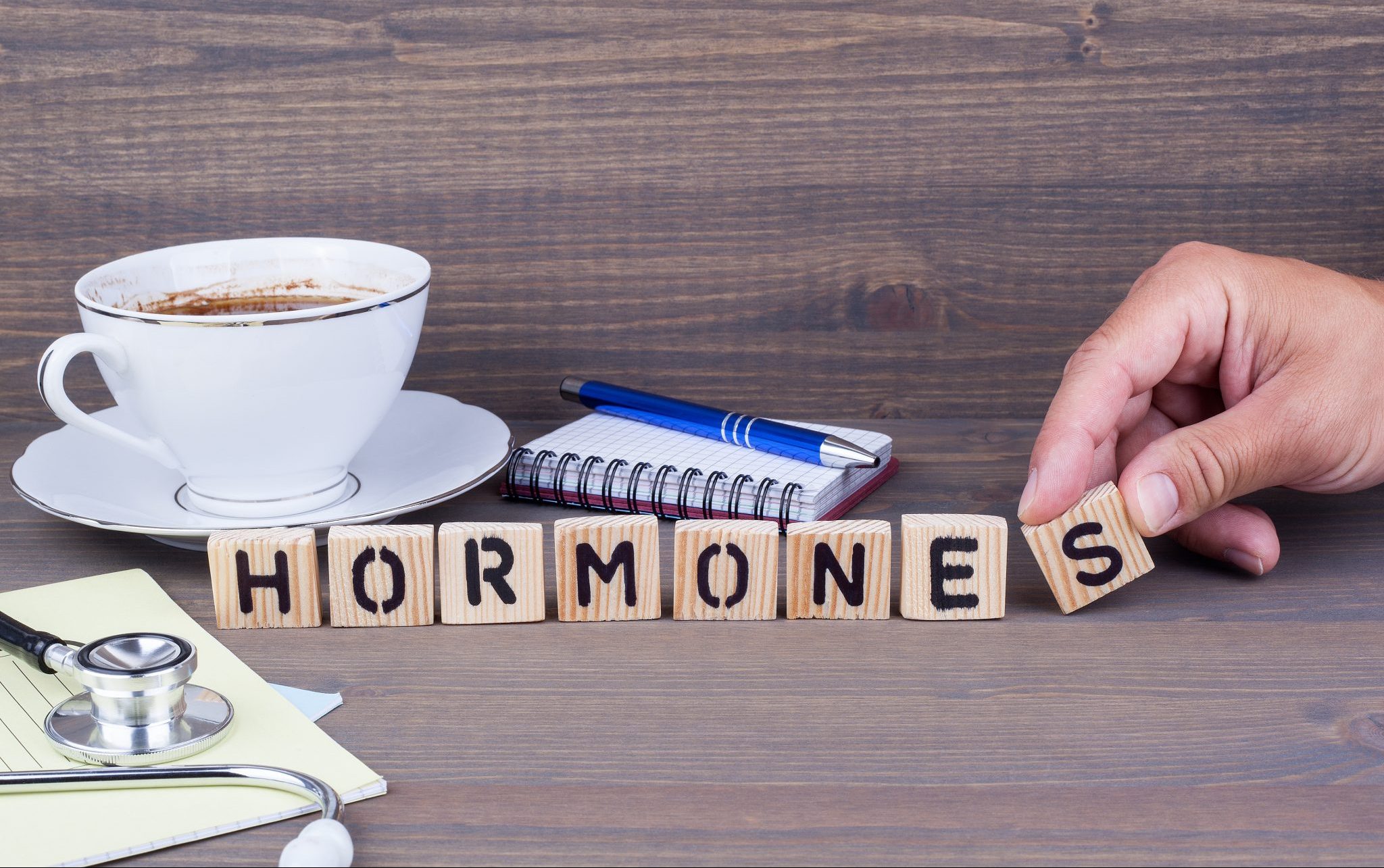When it comes to menopause, there is no script of how things should go down. For many women, symptoms range from hot flashes and night sweats, to increased anxiety or irritability. Other women, the menopause jackpot winners, may not experience any of the listed symptoms at all. However, over all other things, it’s pretty common for women going through menopause to experience trouble sleeping or even insomnia.
We all know how important good quality sleep is for a good quality life. We become more irritable, fatigued and less productive whenever we lose out on sound sleep.
Let’s take a look at how exactly menopause and lack of sleep are related.
The mighty hormones

To get a little bit more technical, what we call menopause is actually a decline in hormone production, primarily estrogen, progesterone and testosterone. Besides regulating a woman’s reproductive function and menstrual cycle, these hormones form a team to manage energy levels, mood, sexual drive and sleep throughout our lives.
So, all those people who like to pester women by saying “you’re acting all hormonal”, might actually be onto something.
Let’s break these hormones down individually to see what each is up to:
Estrogen
When it comes to good quality sleep and overall health, estrogen is the hero and our best friend. It is the primary sex hormone in women that is responsible for their reproductive function and regulating the menstrual cycle. Besides, it promotes women’s cardiovascular health, weight management, mood and sound sleep.
Higher levels of estrogen lead to improved mood, increased and stable energy, healthy skin and good quality sleep. Meanwhile, lower levels of this hormone are associated with reverse effects on these factors.
It is during perimenopause (the transition stage of menopause), that estrogen levels fluctuate the most, and this is why women may find themselves irritable and tired one day and feel absolutely great the next. However, estrogen production eventually falls and settles at low levels in a woman’s post-menopausal stage. And this is where the undesired menopause symptoms like to show their face the most.
Progesterone
Progesterone is like the sister hormone of estrogen, working to balance its effects. It is also responsible for preparing a woman’s body for pregnancy, labor and breast feeding. It is the ultimate reproduction hormone! But the praise doesn’t end here; progesterone is also a mood regulator and a sleep promoter. In fact, this hormone facilitates the production of the GABA neurotransmitter which is known to aid sleep.
You can think of progesterone as a soothing incense stick to your body- whenever it’s lit up (i.e. higher levels of the hormone are produced), it brings a sense of calm and relaxation, as well as sound sleep.
The production of this hormone peaks during pregnancy, which is why expecting women may sometimes feel overwhelmingly sleepy during the day. However, once a woman reaches menopause, her body stops producing progesterone. As a result, she might start experiencing so-called menopause sleeplessness.
Testosterone
Although testosterone gets to shine mainly when talking about men, it is actually just as vital of a hormone for women. This hormone plays an important role in the production of estrogen, as well as boosting sexual desire and energy levels.
Unlike estrogen and progesterone, testosterone is steadily produced throughout a woman’s life, but the production rate decreases with age.
This explains why, as we age, our sexual desire and energy levels may not peak as much as we might remember them in the younger days. And the same holds for men!
While lowered testosterone levels aren’t directly linked to menopause-related sleeping problems, the fluctuation and subsequent decline of all three hormones drives a slump in sleep quality. It can make it more difficult to fall and stay asleep throughout the night.
It is worth a mention that some women report the opposite problem. While menopause and sleeping TOO MUCH is less commonly heard of, it is also perfectly normal behaviour due to the fluctuating hormones.
What can I do to improve sleep during menopause?
By now you may be wondering if there is anything you can do to help you sleep better while going through menopause. While hormone production might be a little out of your conscious control, there are several ways by which you can improve your sleep quality.
Exercise

There is an ample of evidence showing how exercise leads to improved sleep. For example, in one study, a group of insomniac women aged 55+, began doing moderate aerobic exercise four times a week and reported significant improvements in sleep, compared to the other half of the group which did not exercise.
Note that timing of exercise is an important factor too- avoid working out 2-3 hours before bedtime as this can further hinder sleep.
Avoid caffeine
Coffee, tea, soft drinks and chocolate all contain caffeine which can take up to 8 hours to leave your system. Not only does it keep you awake, but it can also induce hot flashes. It’s better to keep these items aside altogether if you are suffering from insomnia, but if you MUST have your cup of tea or coffee, drink it earlier in the day.
Give yourself a break
Besides the hormone “dance-party”, increased anxiety and stress may also be valid reasons for why you might not be able to sleep well. Try engaging in some breathing exercises, meditation, yoga, or a warm bath, to soothe your mind which can translate to improved sleep.
There are actually very few species of animals on this earth that go through menopause. What this means in evolutionary terms, is that we are one of the few lucky ones that go on living after we are no longer able to reproduce. While not everyone might want to call menopause a privilege, it should definitely not be regarded as a curse!
Yes, you might feel a little irritable and tired on some days with your hormones jumping up and down… And you might lose some sleep on any one night… But in the end, isn’t all life just us fluctuating, navigating, growing and adapting? Menopause is just another part of it- and a beautiful one too; working as a reminder of what the powerful woman’s body is able to do.



































